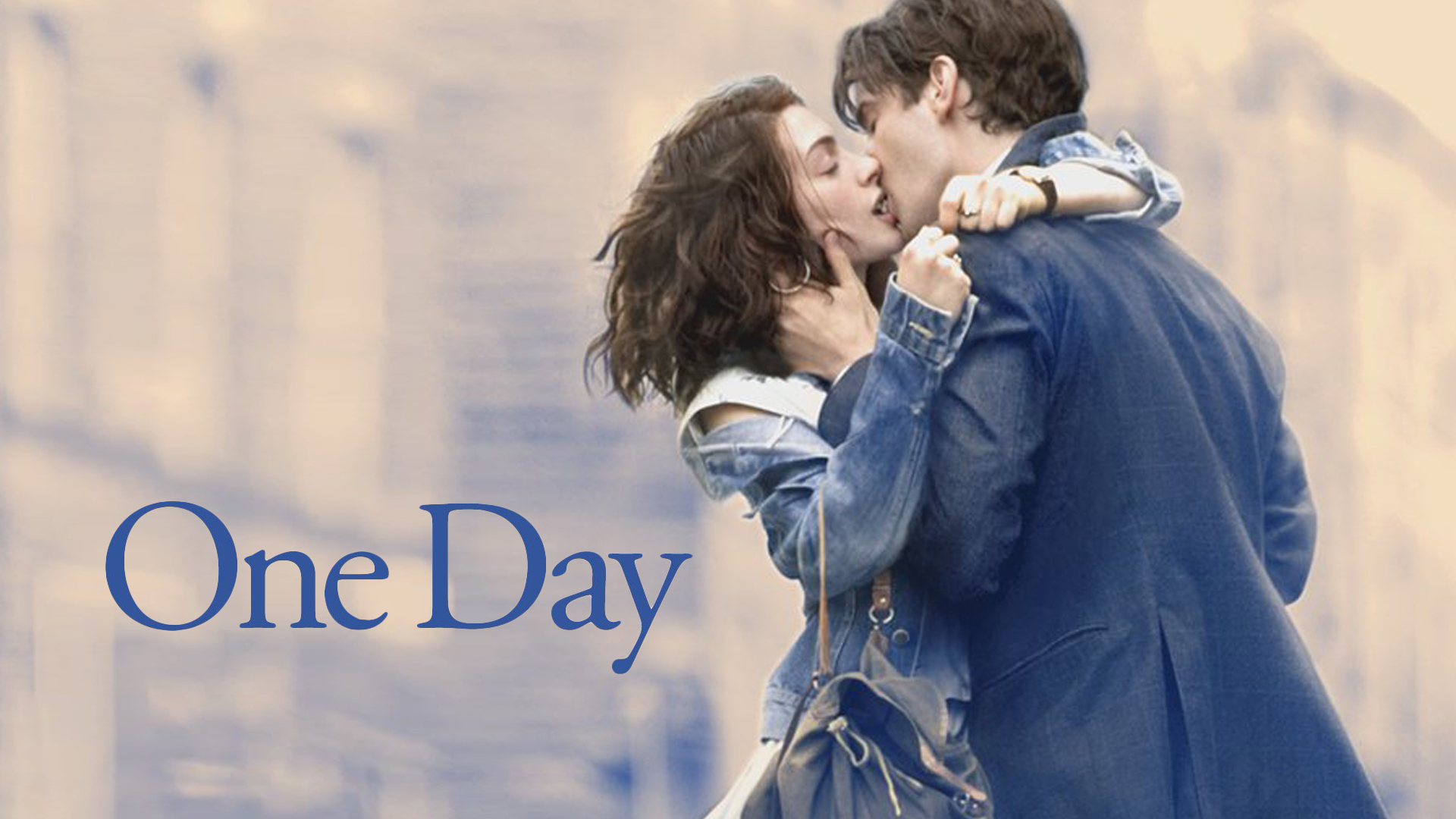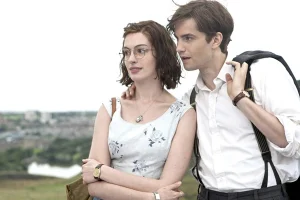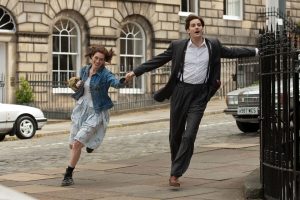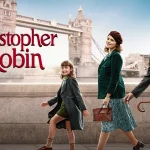“One Day (2011)”

Review of One Day (2011)
General Information
- Director: Lone Scherfig
- Main Cast:
- Anne Hathaway (Emma Morley)
- Jim Sturgess (Dexter Mayhew)
- Patricia Clarkson (Alison Mayhew)
- Rafe Spall (Ian Whitehead)
- Romola Garai (Sylvie Cope)
- Genre: Romance, Drama
- Runtime: 107 minutes
Plot
Based on David Nicholls’ best-selling novel, One Day tells the story of Emma Morley and Dexter Mayhew, whose lives intertwine over the course of two decades. The narrative revisits them every year on July 15th, the anniversary of their first meeting after graduating from university. As their friendship evolves into a deep but complicated relationship, the film explores themes of love, timing, and personal growth. Despite their contrasting personalities—Emma being ambitious and idealistic, Dexter being carefree and self-indulgent—they remain integral parts of each other’s lives, culminating in a bittersweet exploration of love and loss.
Highlights
- Anne Hathaway as Emma
- Anne Hathaway delivers a heartfelt performance as Emma, capturing her wit, vulnerability, and quiet determination. While her British accent received mixed reviews, her emotional range adds depth to the character’s journey, making Emma’s struggles and triumphs feel authentic.
- Jim Sturgess as Dexter
- Jim Sturgess excels as Dexter, portraying his transformation from a charismatic but immature playboy to a man grappling with life’s complexities. Sturgess brings both charm and emotional depth to Dexter, making his flawed character relatable and sympathetic.
- Unique Narrative Structure
- The film’s “one day a year” storytelling approach is its most distinctive feature, providing snapshots of Emma and Dexter’s lives while leaving the audience to piece together what happens in between. This structure effectively conveys the passage of time and the evolution of their relationship.
- Themes of Love and Timing
- One Day poignantly explores the idea that love is as much about timing as it is about connection. The film delves into how personal growth, external circumstances, and missed opportunities can shape a relationship.
- Cinematography and Setting
- The film’s visuals capture the changing landscapes of Emma and Dexter’s lives, from Edinburgh’s historic charm to the bustling streets of London and picturesque countryside. The cinematography beautifully mirrors the emotional tone of each chapter in their story.
- Emotional Payoff
- The film’s bittersweet ending delivers an emotional punch, staying true to the novel’s themes of love and loss. It leaves a lasting impression by emphasizing the fragility of life and the importance of cherishing meaningful relationships.

- The film’s bittersweet ending delivers an emotional punch, staying true to the novel’s themes of love and loss. It leaves a lasting impression by emphasizing the fragility of life and the importance of cherishing meaningful relationships.
Criticisms
- Inconsistent Pacing
- The film’s episodic structure can feel uneven at times, with some years rushed or glossed over, potentially leaving viewers wanting more context for certain moments in Emma and Dexter’s lives.
- Chemistry Between Leads
- While Hathaway and Sturgess individually deliver strong performances, some critics felt their on-screen chemistry lacked the spark needed to fully convey the depth of their relationship.
- Condensed Storyline
- Adapting a novel with such rich character development into a two-hour film means certain subplots and character arcs feel underexplored, making the emotional weight of some moments less impactful.

- Adapting a novel with such rich character development into a two-hour film means certain subplots and character arcs feel underexplored, making the emotional weight of some moments less impactful.
Verdict
One Day is a poignant and visually captivating romance that examines the complexities of love, friendship, and timing. While its unique narrative structure and strong performances stand out, the film occasionally struggles with pacing and chemistry. Fans of the novel may appreciate its faithfulness to the source material, but the film’s emotional depth may resonate most with those drawn to bittersweet love stories.
Rating: 8/10











